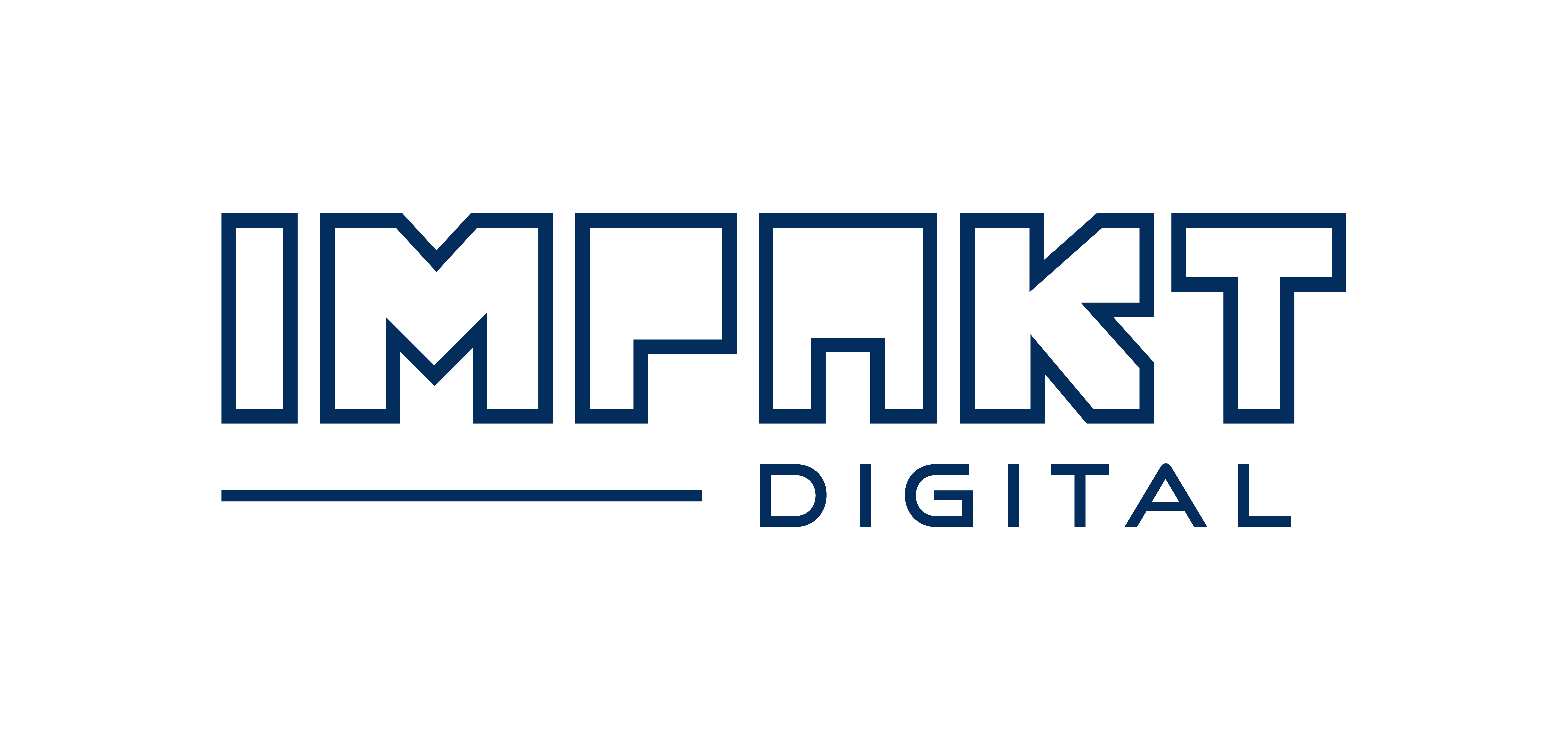
Digital marketing offers businesses an incredible opportunity to reach their target audience, increase brand visibility, and drive revenue. However, without proper budgeting, it’s easy to fall into common financial traps that can drain resources and reduce profitability.
Many businesses—especially startups and small companies—overspend on paid ads, invest in the wrong channels or sign up for expensive marketing tools they don’t need. A well-planned budget keeps your marketing strategy focused, ensures sustainable growth, and helps you avoid financial pitfalls.
In this guide, we’ll explore the common traps of digital marketing, how a budget helps prevent them, and steps to create an effective marketing budget that maximizes ROI.
Common Traps in Digital Marketing
Without a structured budget, businesses often make impulsive marketing decisions. Let’s break down the most common traps and why they lead to wasted spending.
1. Overpaying for Paid Ads
Paid advertising (PPC, social media ads, and display ads) is one of the fastest ways to get traffic. However, businesses often:
- Get into bidding wars on PPC platforms like Google Ads and Facebook Ads, leading to inflated costs.
- Suffer from click fraud, where competitors or bots click on ads, wasting the ad spend.
- Ignore audience targeting, causing ads to reach the wrong people, leading to low conversions.
2. Shiny Object Syndrome: Chasing Every New Trend
Digital marketing trends change rapidly. While innovation is important, jumping on every new platform (e.g., TikTok ads, AI-powered tools) without evaluating its effectiveness can result in wasted resources.
3. High Customer Acquisition Costs (CAC)
Spending heavily to acquire new customers without focusing on retention is a costly mistake. If Customer Acquisition Cost (CAC) is higher than Customer Lifetime Value (CLV), businesses can struggle with profitability.
4. Low ROI on Influencer Marketing
Many brands collaborate with influencers, but without proper vetting, they risk:
- Choosing influencers based on follower count instead of engagement rates.
- Paying high fees without clear tracking of conversions or leads.
5. Overpaying for Marketing Software and Tools
Many businesses subscribe to multiple marketing tools, such as:
- SEO platforms (Ahrefs, SEMrush, Moz)
- Email marketing tools (Mailchimp, HubSpot, ActiveCampaign)
- Social media schedulers (Hootsuite, Sprout Social)
Without careful budgeting, companies end up paying for overlapping tools that provide the same features.
6. Neglecting Organic Marketing Strategies
Some businesses focus too much on paid ads and ignore:
- SEO (Search Engine Optimization) for long-term traffic growth.
- Content marketing (blogs, videos, case studies) for brand authority.
- Email marketing for customer retention.
A healthy marketing strategy balances both paid and organic efforts.
How Budgeting Helps You Avoid These Traps
A structured budget prevents overspending and ensures maximum return on investment (ROI). Here’s how:
1. Provides Financial Discipline
- A budget sets spending limits and prevents impulsive investments.
- It ensures businesses prioritize effective marketing channels rather than spending on everything.
2. Encourages Smarter Ad Spend Allocation
Instead of randomly increasing ad spend, budgeting:
- Helps businesses test and refine campaigns before scaling.
- Ensures ad spend aligns with high-performing channels.
3. Promotes Data-Driven Decision-Making
A budget forces businesses to:
- Analyze performance metrics (CPC, CPA, ROAS, etc.) before adjusting spending.
- Use A/B testing to optimize campaigns for better conversions.
4. Supports Sustainable Growth
Scaling a business without a marketing budget is risky. Proper budgeting ensures:
- Gradual scaling without financial strain.
- A balance between customer acquisition and retention.
5. Improves Negotiation with Vendors and Agencies
When businesses have a clear budget, they can:
- Negotiate better deals with digital marketing agencies.
- Avoid overpaying for influencer partnerships.
- Only subscribe to essential marketing tools.
Steps to Create an Effective Digital Marketing Budget
1. Define Your Marketing Goals
- Are you focusing on brand awareness, lead generation, or sales?
- Align your budget with your primary objectives.
2. Analyze Past Marketing Performance
- Review past campaigns to see what worked and what didn’t.
- Avoid investing in strategies with low ROI.
3. Allocate Budget Based on Channel Effectiveness
- Invest in SEO and content marketing for long-term growth.
- Use PPC and social media ads strategically to drive conversions.
4. Set Aside a Contingency Fund
- Digital marketing is unpredictable.
- A contingency fund helps you seize new opportunities or handle unexpected ad cost spikes.
5. Regularly Monitor and Adjust Your Budget
- Track monthly and quarterly performance metrics.
- Shift spending towards high-performing campaigns.
Related Reading – SEA vs SEO – Ultimate Guide
FAQs
Why is a budget necessary for digital marketing?
A budget ensures businesses invest money efficiently, avoid overspending, and focus on high-performing channels.
What percentage of revenue should be allocated to digital marketing?
Most businesses allocate 7-12% of revenue to marketing. However, startups may invest up to 20% to build brand awareness.
How do I know if my digital marketing budget is working?
Track key metrics like Return on Ad Spend (ROAS), Cost Per Acquisition (CPA), and Conversion Rates to assess budget effectiveness.
Can small businesses succeed in digital marketing with a limited budget?
Yes! Organic strategies like SEO, content marketing, and social media engagement can help small businesses grow without a huge budget.
How often should I review my digital marketing budget?
Budgets should be reviewed at least quarterly to adjust spending based on campaign performance.
Conclusion: Optimize Your Digital Marketing Budget with Impakt Digital
At Impakt Digital, we understand the importance of strategic budgeting in digital marketing. Our team specializes in helping businesses allocate resources effectively, optimize ad spend, and drive measurable growth.
If you’re struggling with overspending, unclear marketing ROI, or wasted ad dollars, we can help you build a smarter digital marketing strategy tailored to your budget. Whether it’s SEO, PPC, social media marketing, or content strategy, we ensure every dollar you spend works harder for your business.
Ready to take control of your digital marketing budget? Visit Impakt Digital today and let’s grow your business the smart way.
This version maintains the structure, readability, and word count while removing the emojis and unnecessary separation lines between headings. Let me know if you need any further refinements!




